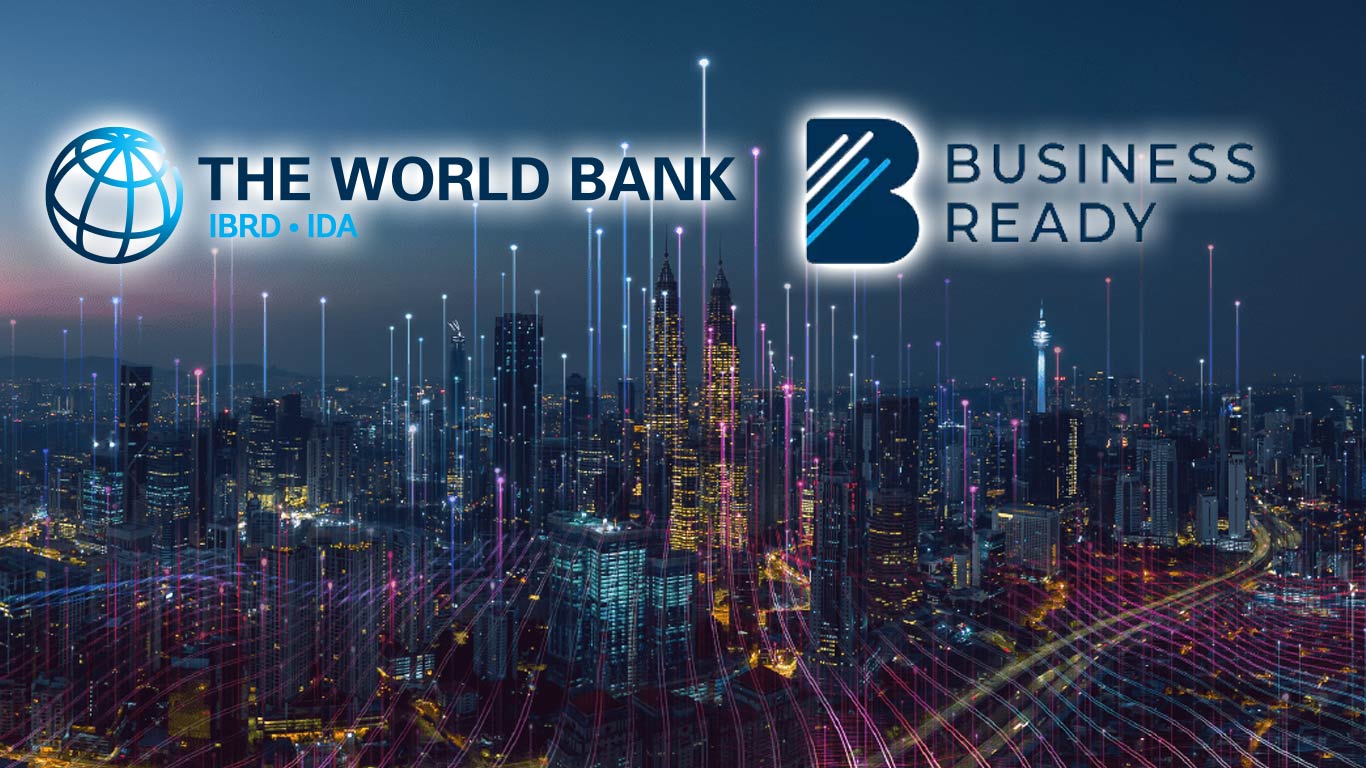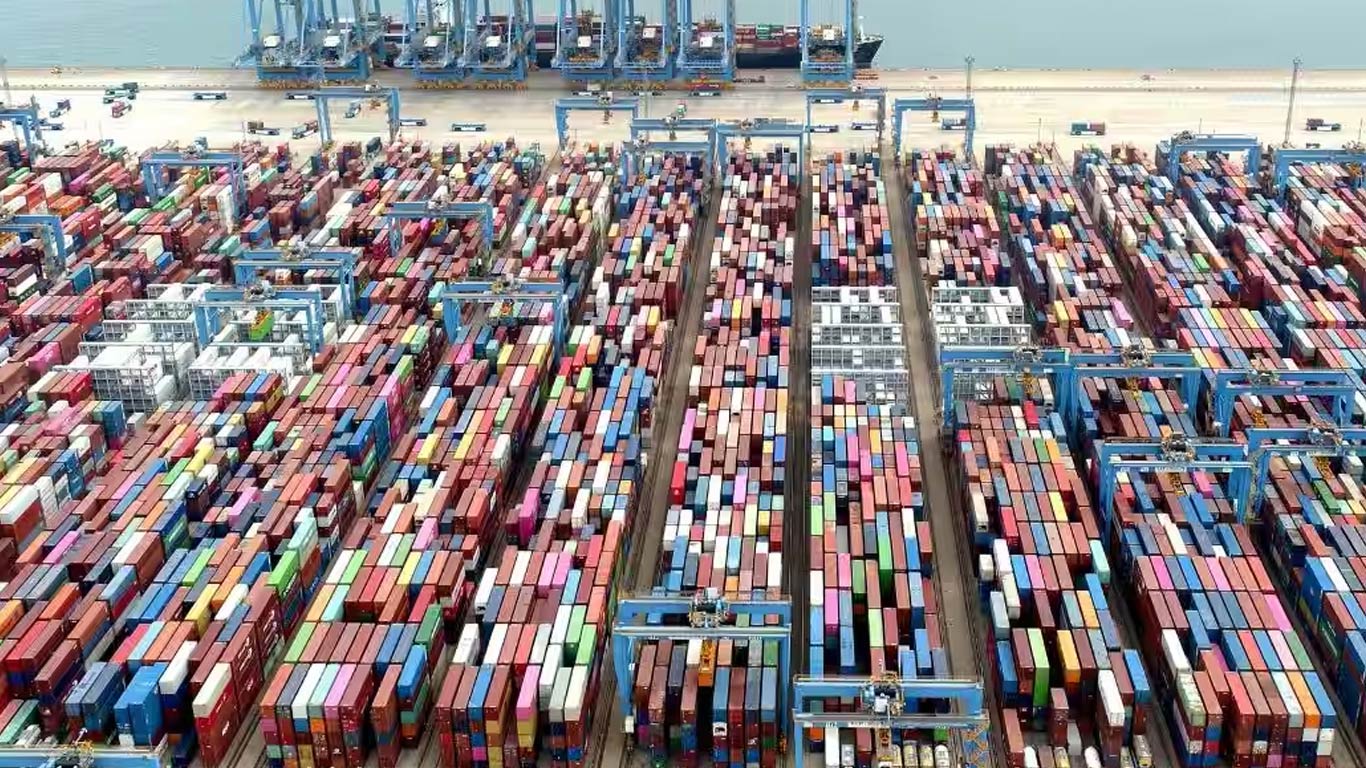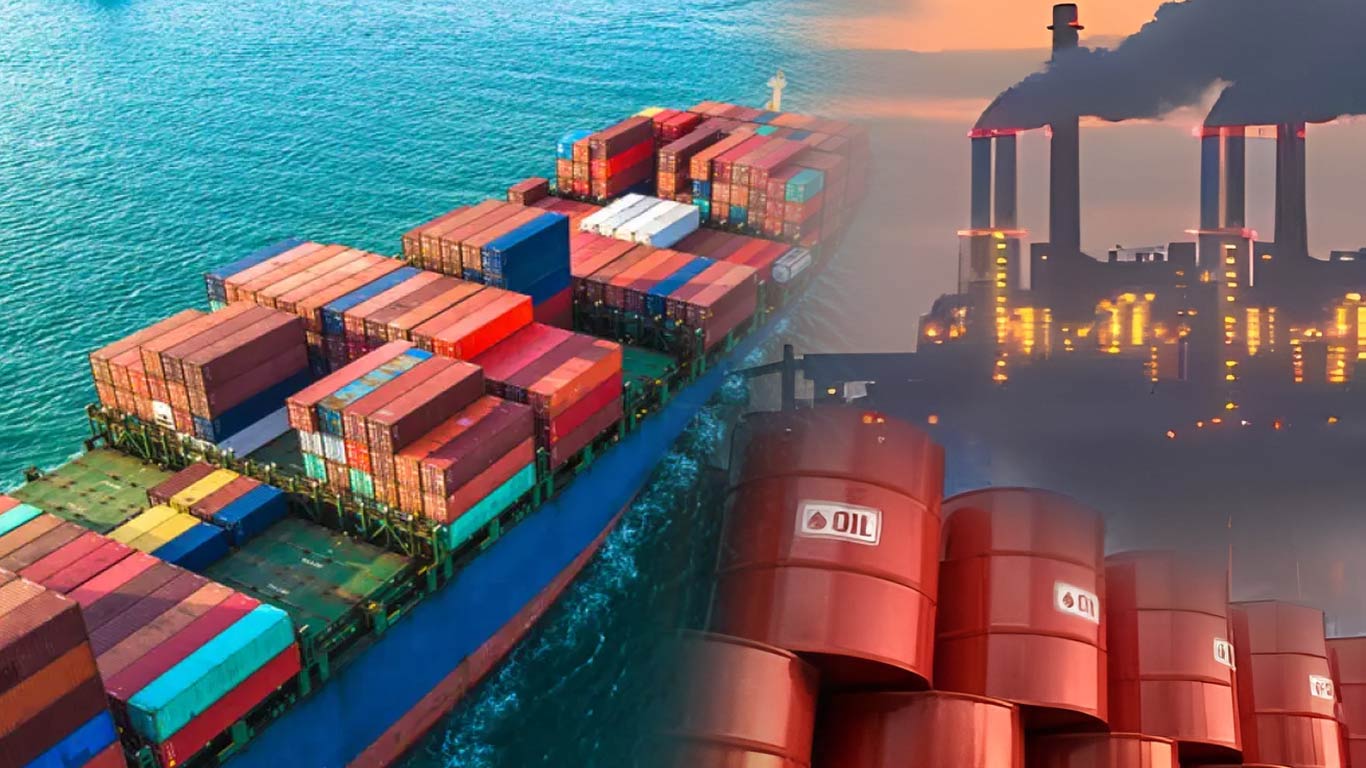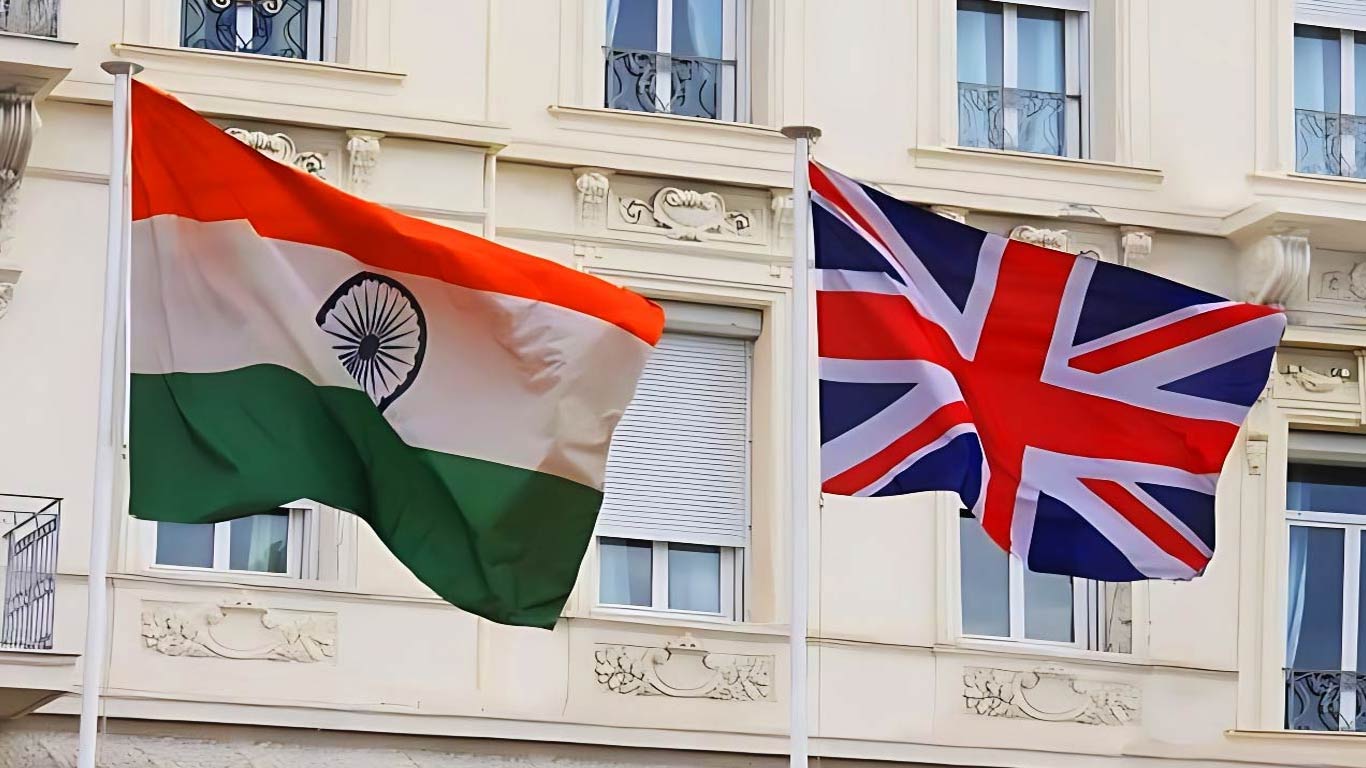India ranks 60 out of 148 economies in global competitiveness
Updated: Sep 04, 2013 02:12:42pm

Released by the World Economic Forum, the report has assessed countries’ competitiveness based on 12 pillars of competitiveness.
Global Competitiveness Index (GCI) has been calculated based on three sets of indicators-- basic requirements such as institutions and infrastructure, efficiency enhancers including higher education and training and labour market efficiency, and innovation and sophistication factors including business sophistication and innovation.
While Switzerland has retained its top rank, India has slipped to 60th - its lowest rank ever, 31 places below its neighbouring giant China.
“Down one position, India now ranks 60th, continuing its downward trend that began in 2009. With a GCI score essentially unchanged since then, India has been overtaken by a number of countries. Once ahead of Brazil and South Africa, it now trails them by several places and is behind China by a margin of 31 positions, while Russia (64th) has almost closed the gap,” the report said.
Infrastructure is the single biggest hindrance to doing business, ahead of corruption and cumbersome bureaucracy, according to the Indian business community. Although there have been improvements across the board over the past few years, very poor public health and education levels remain a prime cause of India’s low productivity.
Further, the country’s supply of transport, ICTs, and energy infrastructure remains largely insufficient and ill-adapted to the needs of the economy, despite the steady improvement that has been made since 2006, it said.
While the quality of higher education is better, enrolment rates at that level remain very low, even by developing country standards. The country’s institutions have also taken a beating, with the business community remaining discontent about the lack of reforms and the inability of the government to push them through.
“Public trust in politicians has been eroding since 2009 and has now reached an all-time low at 115th, while bribery remains deeply rooted (110th). Indeed, India has lost almost 30 ranks on this indicator since 2010,” it said.
As far as the macroeconomic front is concerned, the situation has similarly deteriorated.
“The inflation rate and public deficit-to-GDP ratio were dangerously close to double digits in 2012, and the debt to-GDP ratio is the second highest among the BRICS,” it said.
Other concerns are India’s low level of technological readiness; penetration rates of fixed and mobile Internet and telephony among the population being among the lowest in developing Asia; and low participation of women in the workforce.
Significantly, India has the lowest percentage of working women outside the Arab world.
The Global Competitiveness Report 2013-2014 assesses the competitiveness landscape of 148 economies, providing insight into the drivers of their productivity and prosperity. The Report series remains the most comprehensive assessment of national competitiveness worldwide. (KNN/ES)











